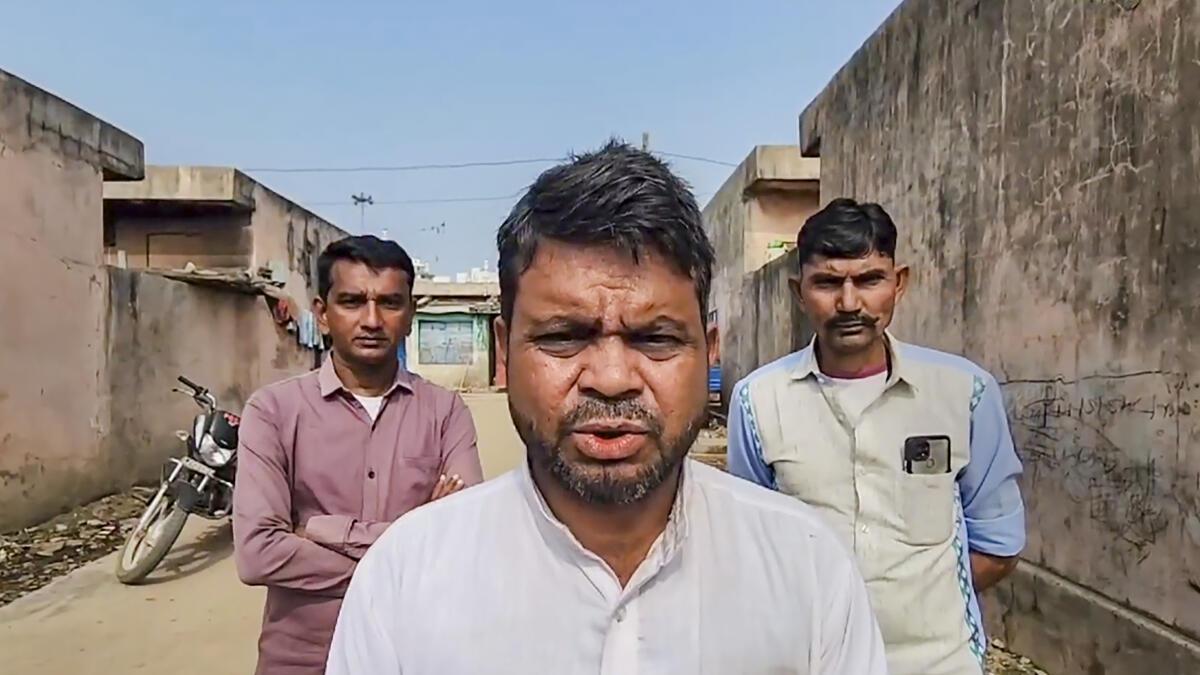
Avoid en masse remission without application of mind: SC
The Hindu
Supreme Court cautions States from exercising power of remission in an arbitrary fashion.
The Supreme Court on January 8 clarified that a collective remission by a State ahead of “festive occasions” without applying its mind to the individual facts and circumstances of cases is bad in law.
“There has to be an application of mind on the remission application so as to eliminate discretionary en-masse release of convicts on ‘festive’ occasions. Each release requires a case-by-case scrutiny,” a Bench headed by Justice B.V. Nagarathna observed in its judgment in the Bilkis Bano case.
The Gujarat government had issued the order of remission of 11 life convicts in the Bilkis case on August 10, 2022, just days ahead of the Independence Day.
The court cautioned States from exercising the power of remission in an arbitrary fashion. Justice Nagarathna said the grant remission should be well-informed, reasonable and fair to “all concerned”. The court said the statutory procedure under Section 432 (power to remit and suspend sentence) of the Code of Criminal Procedure provided a check on the possible misuse of power by the State government.
The judgment gave a brief outlining of the factors a State government should take into account while entertaining the remission application of a convict. These include that the opinion of the presiding trial judge should be mandatorily sought and only the State in which the convict was convicted would be competent under Section 432 to consider the remission plea.
The court also noted that the State government should confirm compliance with Section 433A of the Code as only a life convict who had served 14 years of prison sentence could seek remission.
Justice Nagarathna clarified that the policy of remission applicable would be that of the appropriate government — the State where the prisoner was convicted.

 Run 3 Space | Play Space Running Game
Run 3 Space | Play Space Running Game Traffic Jam 3D | Online Racing Game
Traffic Jam 3D | Online Racing Game Duck Hunt | Play Old Classic Game
Duck Hunt | Play Old Classic Game











